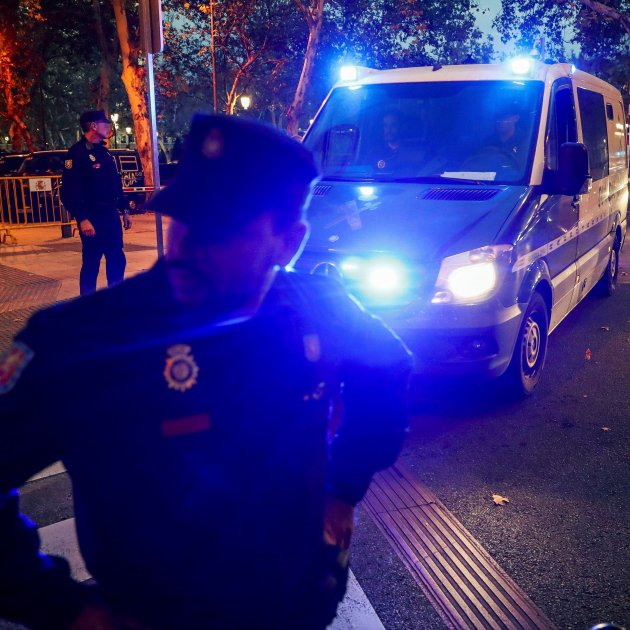"The National Audience [court] isn't competent to examine the crimes of rebellion and sedition". This is the verdict of a manifesto (in Spanish) published in Spanish online newspaper ElDiario.es signed by more than 100 professors of penal law from around Spain. The letter criticises judge Carmen Lamela for "lack of restraint" without mentioning her by name, only referring to her as the "incumbent of central court of instruction number 3". The authors also accuse her of "manipulation rarely seen in forensics" in decreeing preventive detention without bail both for the presidents of pro-independence organisations ANC (Catalan National Assembly) and Òmnium and for the Catalan vice-president and 7 other ministers.
In their opinion, these measures are "seriously disproportionate", as well as "lacking of sufficient justification, beyond abstract demonstrations". They argue that "the assignation of criminal responsibility for what has happened has to take place with strict observance for our penal and procedural laws and strictly respecting the principle of legality, which must be followed in this area".
Specifically for that, they demand that "the law is abided by from a strictly legal perspective" and that prosecutors and legal powers "investigate and, as necessary, punish everything which the rule of law authorises and obligates, but exclusively that, because only within those margins can there be opportunity, proportion and justice".
Neither rebellion, nor sedition
According to the professors, "it's seriously mistaken to consider the facts as constituting a crime of rebellion [as defined by] article 474 of the Penal Code", because, as the author of article 474 has said, the "structural element of this crime, which is violence, is absent".
Not just that. They say that the "prerequisites of maximum gravity" included in the crime "are not seen in this case". They also deny the idea that sedition was committed because "at no moment has any evident been provided that the accused have induced, caused or led any tumultuous uprising", which is how the law defines the crime.
As such, they make it clear that "those incidents which happened beforehand or were carried out by different people cannot be attributed [to the accused], since the principle of personal responsibility governs penal law and someone can only be tried for their facts".
Forensic manipulation
Apart from that, they also emphasise that the National Audience doesn't have jurisdiction over the crimes listed and that, according to the law, it should be the Audience in Barcelona who judges them, something they describe as "a manipulation rarely seen in the area of forensics".
In fact, they note than in an order of 2nd December 2008 of the plenary assembly of the Penal Chamber of the National Audience itself (starting on page 9), it is clearly stated that "the crime of rebellion has never been in the jurisdiction of this National Audience", adding that, in their eyes, the same can be said of the crime of sedition.
The order also says that the Audience: "is not objectively competent to instruct in criminal proceedings in this case", as the crime of rebellion "has never formed part of the crimes against the form of government (...), for which reason it's totally unjustified to conclude that the National Audience possesses jurisdiction for its investigation and its trial".
That said, the professors do say that the Catalan government might have committed "multiple crimes, which have to be investigated and, if necessary, punished in accordance with the demands of our penal legislation".
